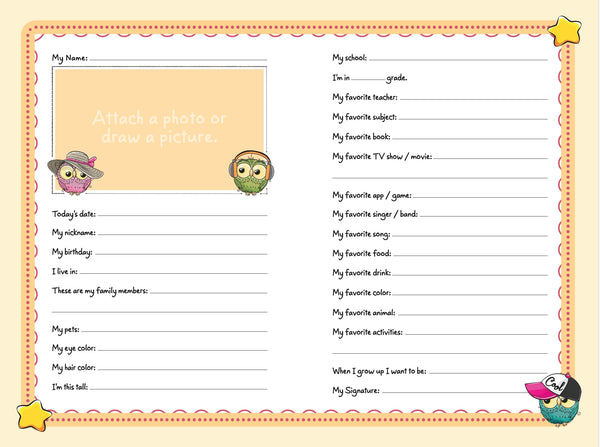
Friendship by the Numbers: Surprising Stats That Show Why Friends Matter
We talk about friendship like it’s a feeling—and it is. But it’s also a force. A health booster. A brain calmer. A life extender.
Whether it’s a shared snack at recess, a late-night text that says “I’m here,” or a belly laugh that makes your cheeks hurt, friendship does more than make us smile. It literally helps us live longer, feel better, and grow stronger.
So let’s look at friendship through a different lens: numbers. Science. Stats. The kind that make you say, “Wait—really?”
🧠 Friendship boosts brain health
People with strong social ties are 50% more likely to live longer than those who are socially isolated.
❤️ Close friendships protect your heart
Adults with strong social connections have a 29% lower risk of heart disease, better immune function, and reduced inflammation.
🤗 We give thousands of hugs—and we need them
According to therapist Virginia Satir, we need 4 hugs a day for survival, 8 for maintenance, and 12 for growth. That adds up to over 20,000 hugs in a lifetime.
😄 Laughter with friends is literal medicine
Laughing with friends can reduce stress hormones by up to 70%, boost pain tolerance by 10%, and improve sleep quality.
🧍🧍 Most people have 3–5 close friends
Pew Research found that 53% of U.S. adults have between 1 and 4 close friends, while 38% have five or more.
🤝 We have about 150 casual connections
According to anthropologist Robin Dunbar, the average person can maintain meaningful contact with about 150 people—including casual friends, coworkers, and acquaintances.
📘 My Friends and I has room for 40 friends, 80 pages, and infinite memories
My Friends and I is a fill-in-the-blank friendship book that travels from friend to friend, collecting stories, snapshots, and big personalities. Each kid gets a couple pages to answer 26 questions about themselves, share fun facts, and add a glamour shot. As the book makes its way around, kids discover what makes each friend special, spark new connections, and build a keepsake they’ll treasure for the next 100 years.
🧬 Friendship affects your genes
Loneliness can trigger changes in gene expression that increase inflammation and weaken antiviral responses. Strong friendships help regulate stress at the cellular level, reducing harmful gene activity by up to 30%.
🚶 Social isolation is risky
People with poor-quality friendships or no close friends are twice as likely to die prematurely—an effect greater than smoking 15 cigarettes a day.
🧒 Even babies recognize friendship
Studies show that infants as young as 9 months old can identify friendly interactions and expect friends to share interests.
🐘 Animals make friends too
Dolphins have been observed maintaining friendships for over 20 years, and elephants form lifelong bonds that reduce stress and improve survival.
🧠 Your brain syncs with your besties
In one study, friends showed similar neural responses across 42 brain regions while watching videos—more than strangers or acquaintances.
Friendship isn’t just a nice-to-have—it’s a must-have. It’s hugs and health. Laughter and longevity. Whether you’re five or ninety-five, friendship helps you live better, feel better, and be more fully yourself.
So go ahead—text a friend, share a snack, start a silly handshake tradition… or ask a friend to sign your My Friends and I friendship book. Because every name, every memory, every page is a little reminder: you matter to someone.
Photo by Black ice

